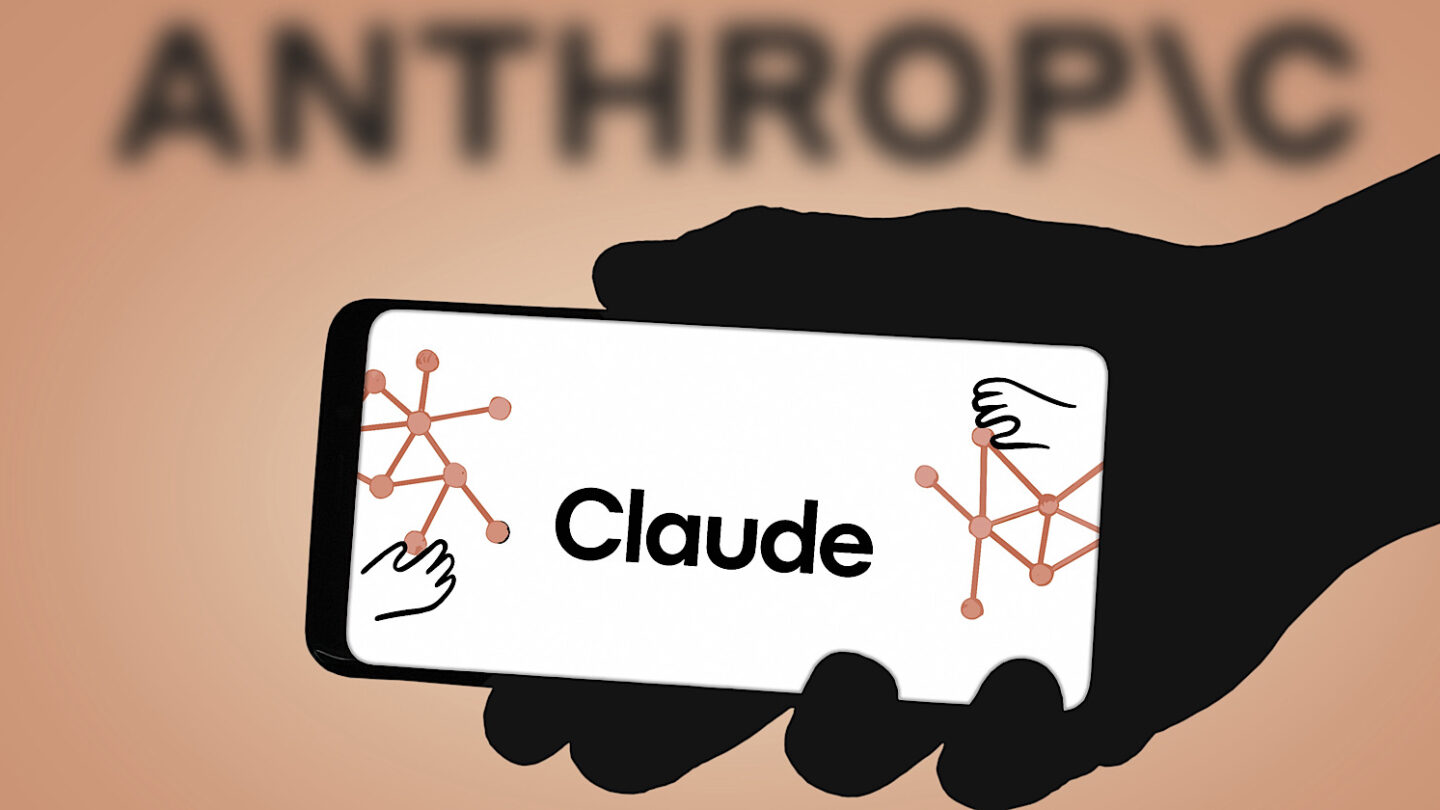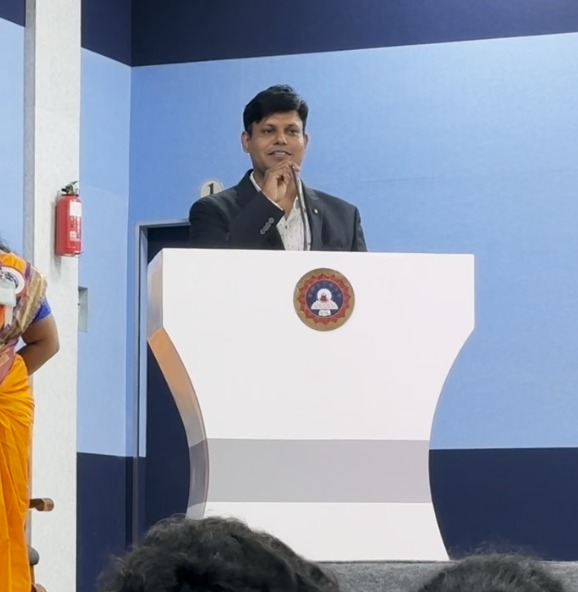
Introduction
Anthropic, the AI research company behind the advanced AI assistant Claude, has introduced a significant update to its platform: a new web search feature with direct links to sources. This enhancement aims to improve information accuracy, transparency, and reliability by allowing users to verify AI-generated responses with real-time web data. By integrating source attribution, Anthropic is taking a step towards addressing concerns related to AI-generated misinformation and biased content.
What’s New in Claude AI Web Search Feature?
Claude’s new web search capability enables users to access real-time information by fetching data from the internet. Unlike its previous versions, which relied solely on pre-trained knowledge, Claude can now:
- Search the web for up-to-date and relevant information.
- Provide direct links to original sources, allowing users to verify the authenticity of the information.
- Offer more transparent AI responses, reducing the risk of generating misleading or outdated data.
This feature marks a significant leap in AI-driven search, making Claude more competitive in the evolving AI landscape.
How the Feature Benefits Users
With this new update, users can expect several key advantages:
1. Improved Accuracy and Up-to-Date Information
Since Claude can now retrieve the latest information from the web, it ensures that users receive the most current and precise data, reducing the likelihood of outdated responses.
2. Enhanced Research and Fact-Checking Capabilities
By providing direct links to sources, users can cross-check information for credibility, making it particularly useful for journalists, researchers, and students who require reliable references.
3. Reduction in Misinformation
AI-generated responses can sometimes be misleading due to hallucinations—a common problem in large language models. By attributing information to verifiable sources, Claude helps minimize the spread of false or misleading content.
Comparison with Competitors
Claude’s web search feature puts it in direct competition with AI models like OpenAI’s ChatGPT and Google’s Gemini, both of which offer similar functionalities. Here’s how they compare:
- Claude vs. ChatGPT: While OpenAI’s ChatGPT also has web browsing capabilities, Claude’s emphasis on source attribution gives it an edge in transparency and reliability.
- Claude vs. Google Gemini: Google’s Gemini benefits from direct integration with Google’s vast search ecosystem, but Claude’s AI-first approach focuses more on responsible AI and ethical AI usage.
User response to Claude’s update has been positive, with many appreciating the added credibility and reliability in AI-generated responses.
Future Implications and Developments
Anthropic’s move towards AI transparency and real-time search integration signals a broader industry shift towards responsible AI development. In the future, we may see:
- More advanced AI fact-checking mechanisms to further enhance credibility.
- Improved personalization in AI responses based on user preferences.
- Integration with more search engines to diversify the sources Claude pulls from.
This update strengthens AI’s role in professional settings, making AI-powered tools more trustworthy for businesses, educators, and researchers.
Conclusion
Claude’s new web search feature with direct source links is a game-changer in AI-driven search capabilities. By prioritizing accuracy, transparency, and user trust, Anthropic is setting new standards for responsible AI usage.
As AI continues to evolve, user feedback will be crucial in shaping the future of AI-powered search. If you haven’t tried Claude’s latest update yet, now is the time to explore this powerful new feature and see how it enhances your search experience!

